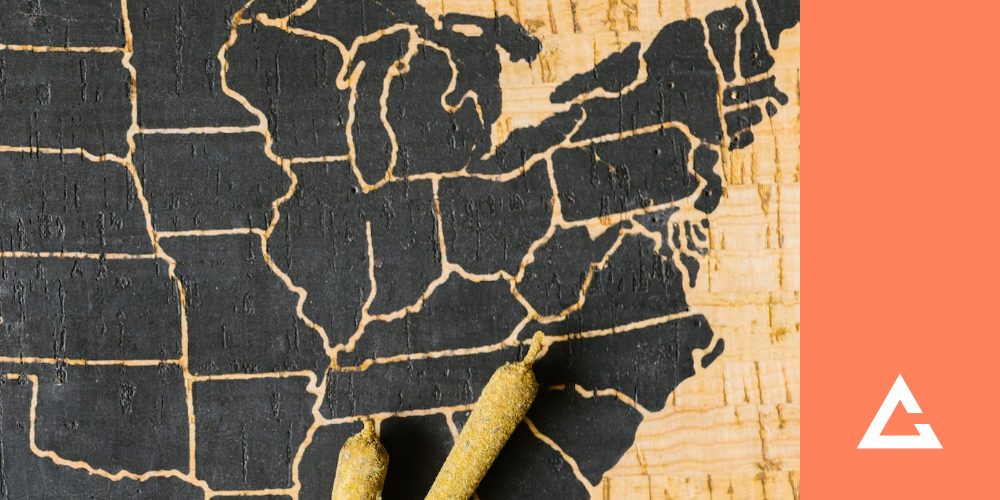With Weed Illegal In-State, Wisconsinites Spend Millions On Weed In Illinois

One of the more intriguing aspects to state-by-state legalization has been the effects on neighboring states. In many cases, when one moves on legalized pot, the surrounding area comes calling. The expected outcome often produces soaring numbers for dispensaries, particularly those near the border. Typically, the boom lasts until laws change across state lines.
Wisconsin, one of the last few states to approve any significant medical or recreational bills, is helping fuel success in Illinois. In Wisconsin, residents are only granted legal access to low-THC oil with a medical card. All other uses remain prohibited. To combat the issue, scores of residents have hopped over into the booming Illinois market.
A mid-March report from the Illinois Department of Financial and Professional Regulation estimates that Wisconsin shoppers generated $36.1 million in cannabis sales in Illinois last year. Unsurprisingly, over half of the sales occurred in counties neighboring Wisconsin's border.
Wisconsin is one of the last few holdouts in the Midwest to approve medical and/or adult use cannabis reform.
That may change in time, with Governor Tony Evers proposing legalization in February as part of this year's state budget. However, with conservative lawmakers having a firm grip on Congress, it is unlikely that the state will make significant changes regarding recreational laws anytime soon. Medical legalization appears more promising, but it remains to be seen if any action occurs this year or anytime soon.
While lawmakers push back on revising Wisconsin's cannabis laws, Illinois will continue to benefit. It is illegal for citizens to take cannabis across state lines. Still, with pot sales outlawed in-state, Wisconsinites will do the same thing residents of other states have done in similar situations.
As it stands, 61% of Wisconsin residents are believed to support legalization. But public desire doesn't always equal regulatory changes. Like in most other states, the people's will likely needs to be accompanied by public pressure, polls and other shows of support for change. In a conservative state like Wisconsin, the effort will probably take longer and be more uphill than in liberal-leaning states like New York or New Jersey. As evidenced by the recent ballot defeat in Oklahoma, legalization isn't guaranteed.
While Wisconsin considers its next cannabis steps, we know that Illinois dispensaries will continue to reap the benefits. Change may come in Wisconsin if the state continues to see its tax revenue going to Illinois, but that's all conjecture at this time.